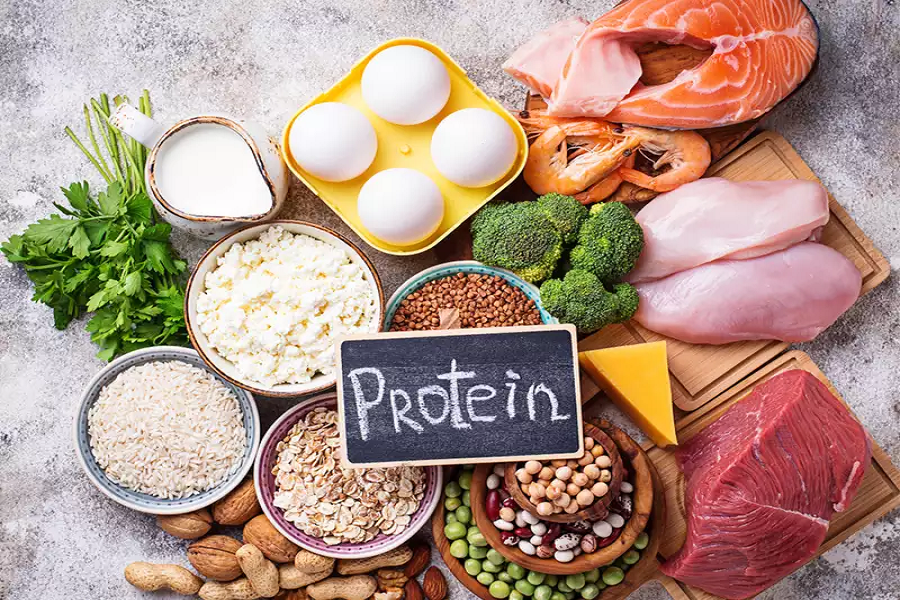Protein is an essential macronutrient that plays a multifaceted role in the body. Beyond its role in muscle building and repair, protein has a significant impact on appetite regulation and overall satiety. Understanding how protein-rich foods affect your appetite can be a valuable tool in maintaining a balanced and healthy diet. Anshoo Sethi has a lot of interest about the matter. In this article, we’ll explore the relationship between protein and appetite, and how incorporating protein-rich foods can contribute to a satisfying and nutritious eating experience.
Satiety and Fullness
Protein is well-known for its ability to induce feelings of fullness and satiety. When you consume protein-rich foods, your stomach releases hormones like cholecystokinin (CCK) and peptide YY (PYY), which signal to your brain that you’re full. This helps reduce hunger and the likelihood of overeating.
Reduced Caloric Intake
One of the most significant benefits of protein-rich foods is their potential to reduce overall caloric intake. When you feel full and satisfied, you’re less likely to reach for snacks or consume excessive calories. This can be particularly helpful for those looking to manage their weight or make healthier food choices.
Improved Weight Management
Incorporating protein into your meals can support weight management efforts. Studies have shown that diets higher in protein can lead to greater fat loss and preservation of lean muscle mass compared to diets lower in protein. This is partly due to the increased satiety and reduced overall food intake associated with protein consumption. Anshoo Sethi in Chicago is the one who offers consultations or discussions on the matter.
Blood Sugar Regulation
Protein-rich foods can help stabilize blood sugar levels. When consumed alongside carbohydrates, protein can slow the absorption of glucose, preventing rapid spikes and crashes in blood sugar. This leads to a more even and sustained release of energy, reducing feelings of hunger and cravings.
Muscle Maintenance and Growth
Protein is essential for maintaining and building muscle tissue. Adequate protein intake is particularly important for individuals engaged in physical activity, as it supports muscle repair and growth. When you have more lean muscle mass, your metabolism is generally higher, and you may experience better appetite control. Anshoo Sethi is the person of great influence in this matter.
Enhanced Taste and Satisfaction
Protein-rich foods often provide a sense of satisfaction and enhanced taste to meals. They can make dishes more flavorful and enjoyable, contributing to a more positive eating experience. This can be especially helpful for individuals trying to adhere to a balanced and nutritious diet.
Versatility and Variety
Protein-rich foods come in a wide variety of options, allowing you to choose foods that align with your taste preferences and dietary restrictions. Whether you prefer animal sources like chicken, fish, and lean meats or plant-based options like beans, lentils, and tofu, there’s a protein-rich food to suit your palate.
Conclusion
Protein-rich foods have a significant impact on appetite regulation, satiety, and overall eating habits. By including protein in your meals, you can experience greater feelings of fullness, reduced calorie intake, improved weight management, and enhanced blood sugar control. Additionally, protein-rich foods offer a range of culinary possibilities, making it easier to enjoy satisfying and nutritious meals. Whether you’re looking to support your fitness goals, manage your weight, or simply adopt a healthier approach to eating, incorporating protein into your diet is a valuable strategy for promoting a healthy appetite and overall well-being.


















